How to Make Your Home Suitable for Your Electric Vehicle
It seems as if EVs are everywhere today. According to Policy Advice, there are more than 5.6 million electric vehicles operating worldwide. Some speculate that EVs could eventually become a main option for transportation. If you're considering an EV, you'll need to make sure your home is ready for the vehicle. One option is to have a home Tesla EV charger installed. Let's look at what you need to know to get ready.
EV Charging Basics
If you're relatively new to the world of EVs, then you might have some questions about how this all works. First, you should know that EVs run on electricity rather than fossil fuels. If your home is equipped to charge the vehicle, then you can charge it at night, and ditch your worries of having to visit a gas station. This option works very well for people who have a local commute.
The vehicle has a lithium-ion battery pack which allows the car to store power and later use it to power the motor. The mechanics of charging are quite simple. You would pull power off your home's grid and supply it to your car through a cable. The charging times and the amount of energy needed will vary depending on the type of car. A home Tesla EV charger can make EV ownership simple.
Home Modifications
It might be necessary to make some minor home modifications in order to accommodate your EV charging needs. We've seen that some EVs can use a 120-volt cable and charge up using regular 120 outlets in the home. If you have a modern home, this is likely to be an option for you. This is called L1 charging. According to NerdWallet, L1 charging will give you about a 50-mile range with an overnight charge. This works well if your commute during the day is less than 50 miles. If you have a pretty modern home, this is a good option. However, if you have an older home, modifications are likely to be needed.
There are also L2 charging options as well. According to Forbes, L2 charging will charge the vehicle more quickly and may be necessary for people who have a longer daily commute. Most homes will need to be modified to accommodate L2 charging. According to the U.S. Department of Transportation, this type of charging requires 240V power. You'll need to have an L2 charging station installed in your home.
If you would like to learn more about EVs and home modifications for charging stations or to learn about a
home Tesla EV charger, please reach out to Winn Electric Contracting Co Inc today. We will be happy to answer your questions. We look forward to hearing from you.

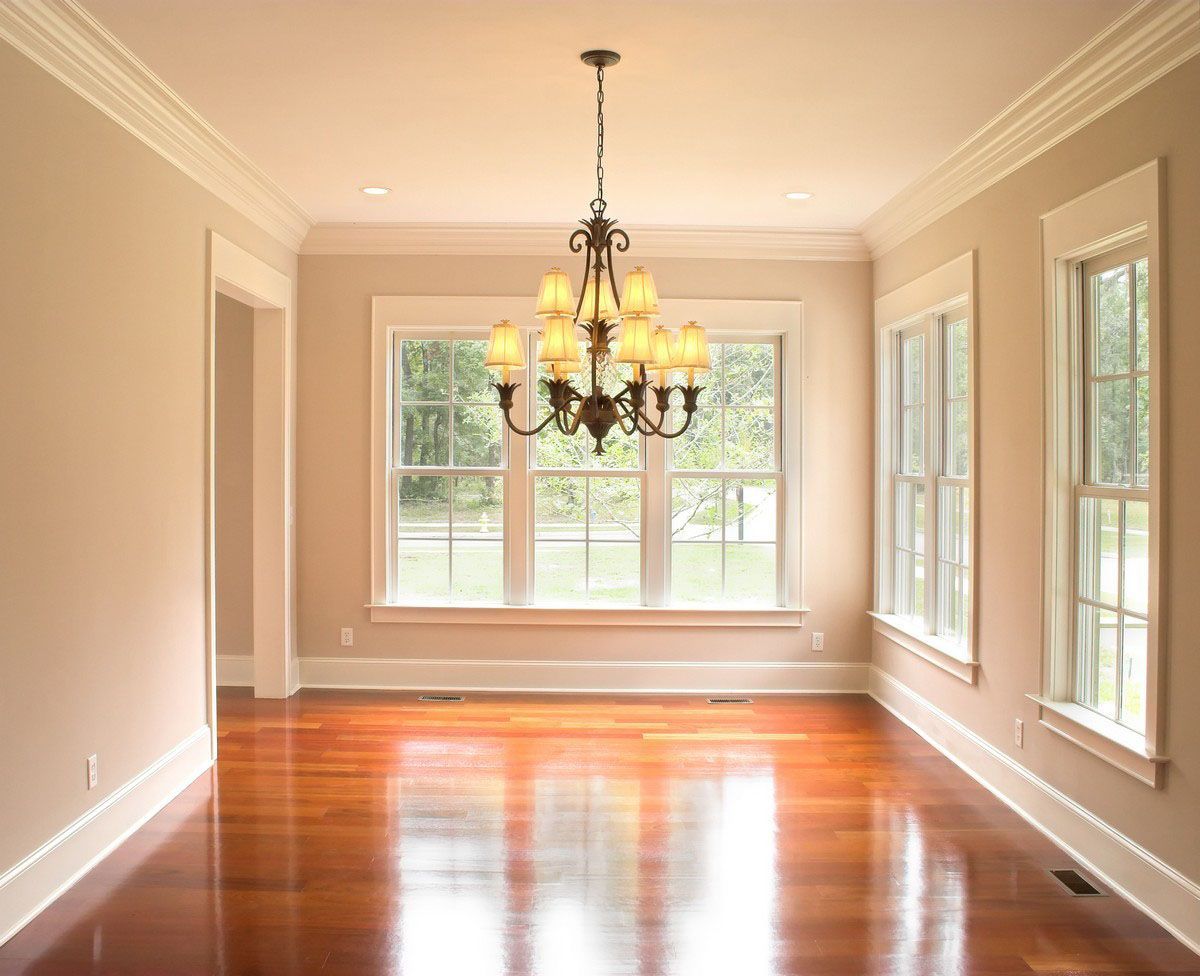
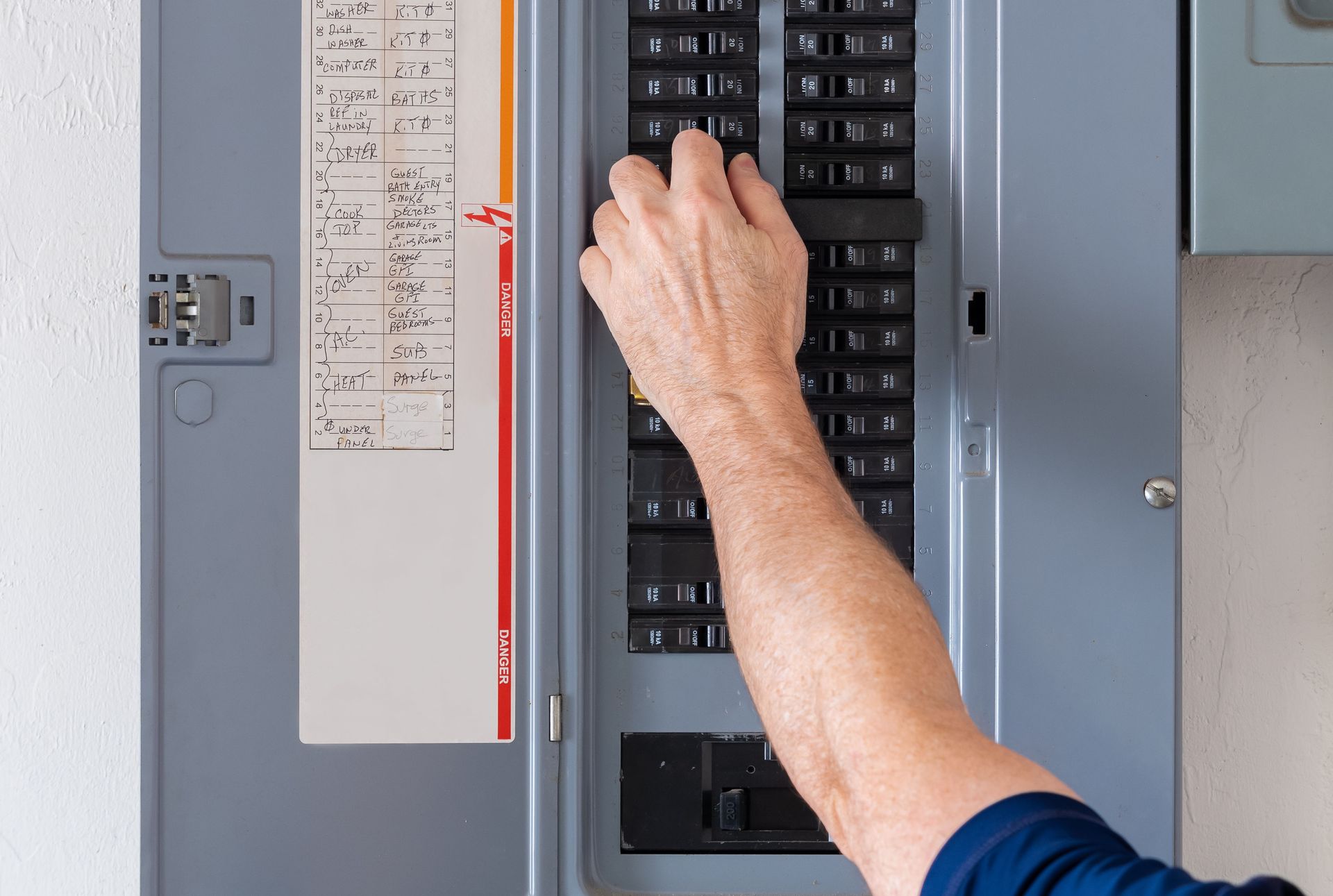
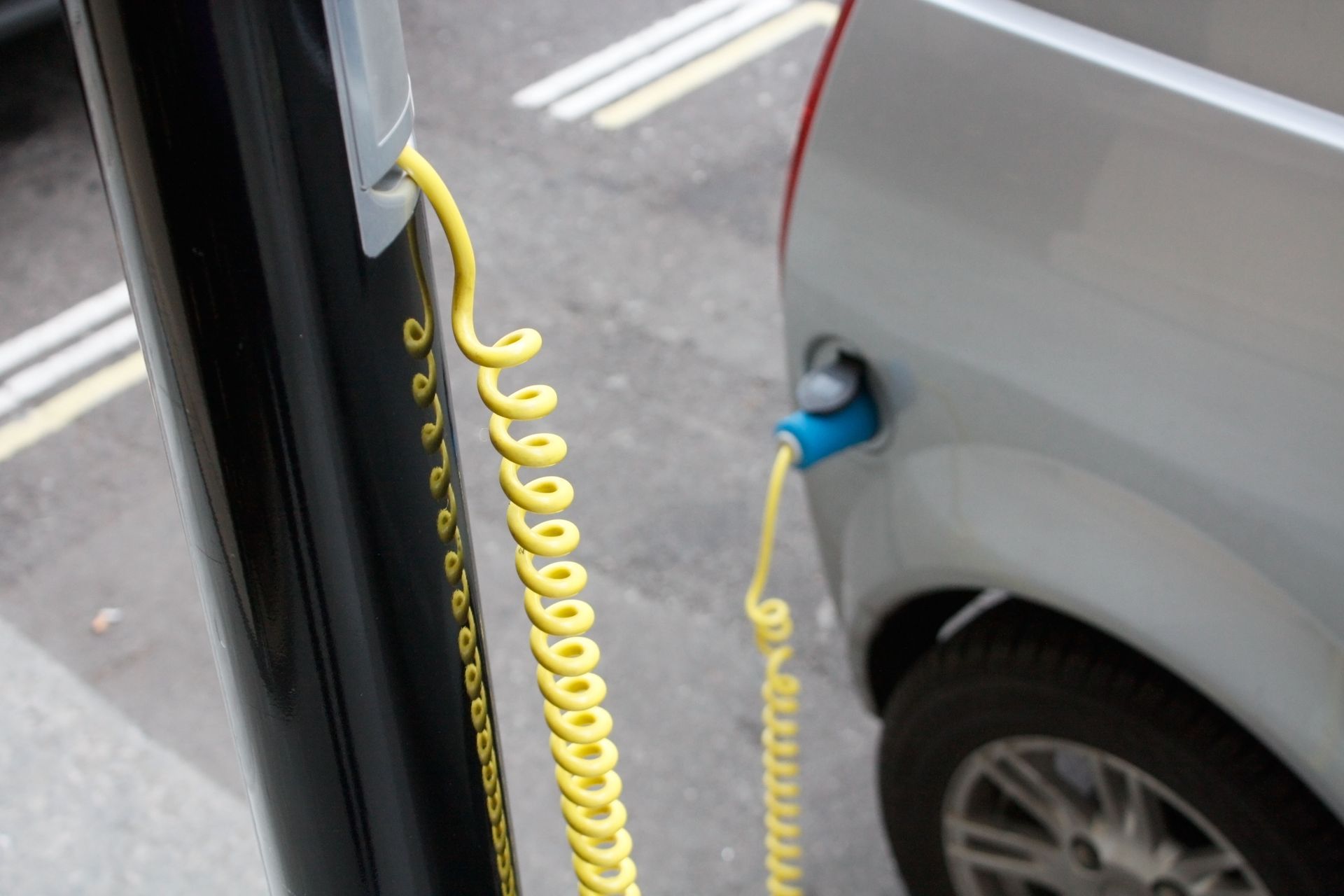
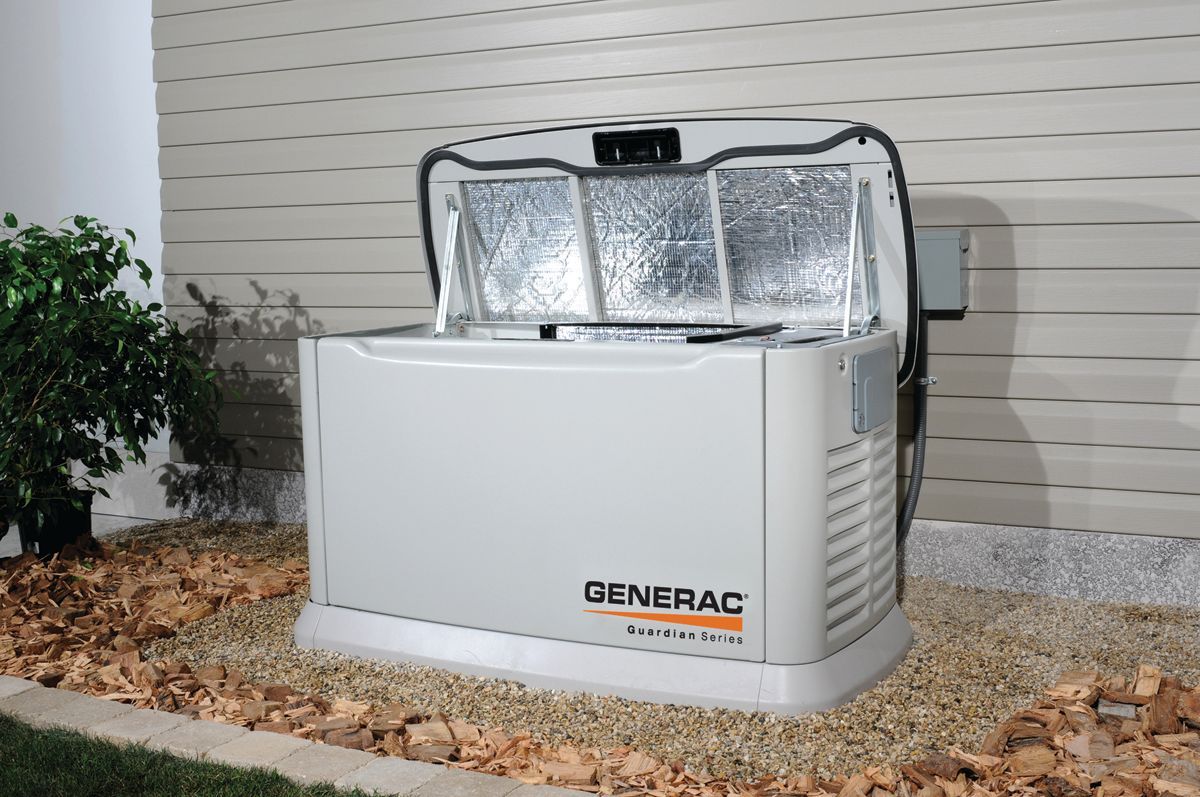
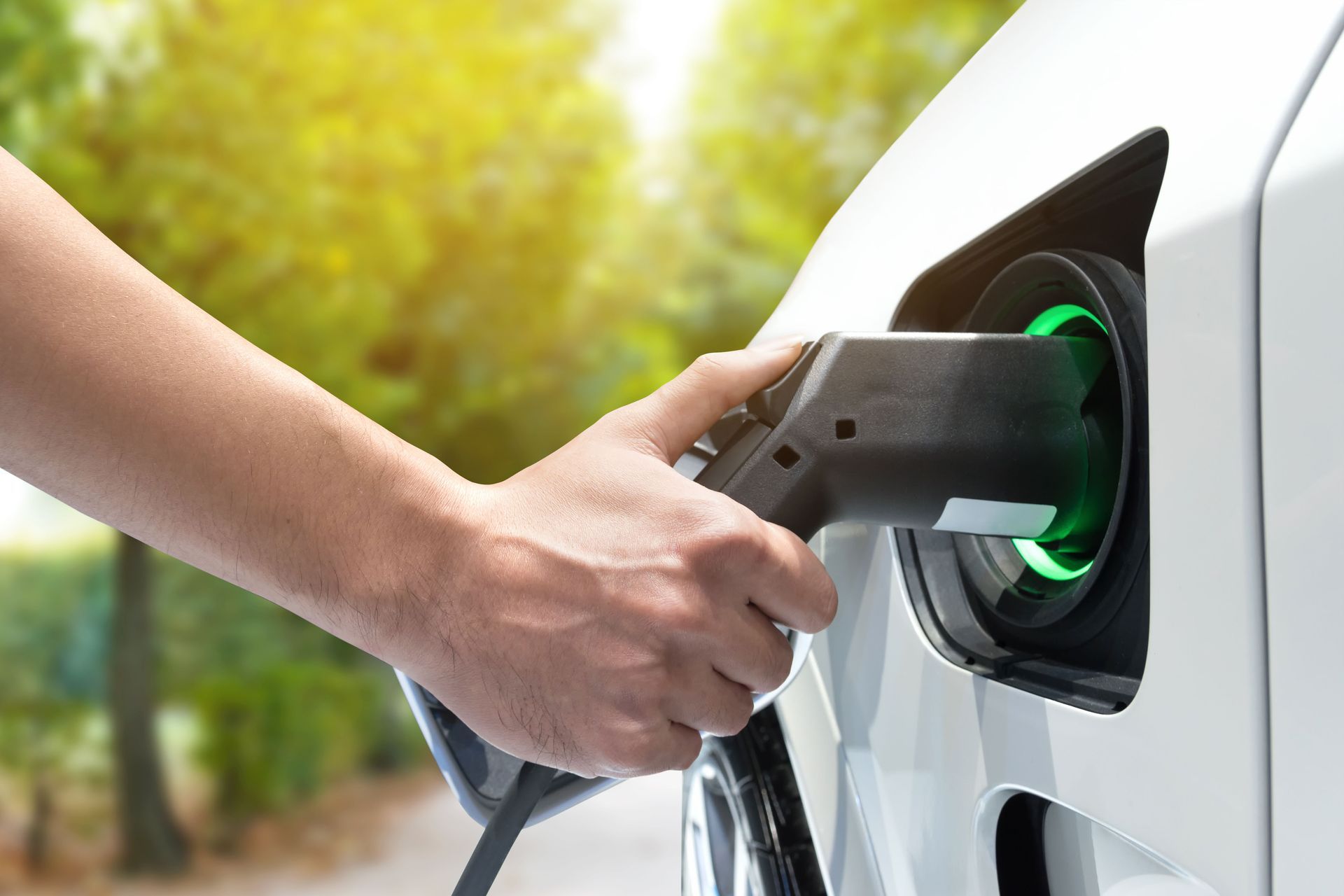
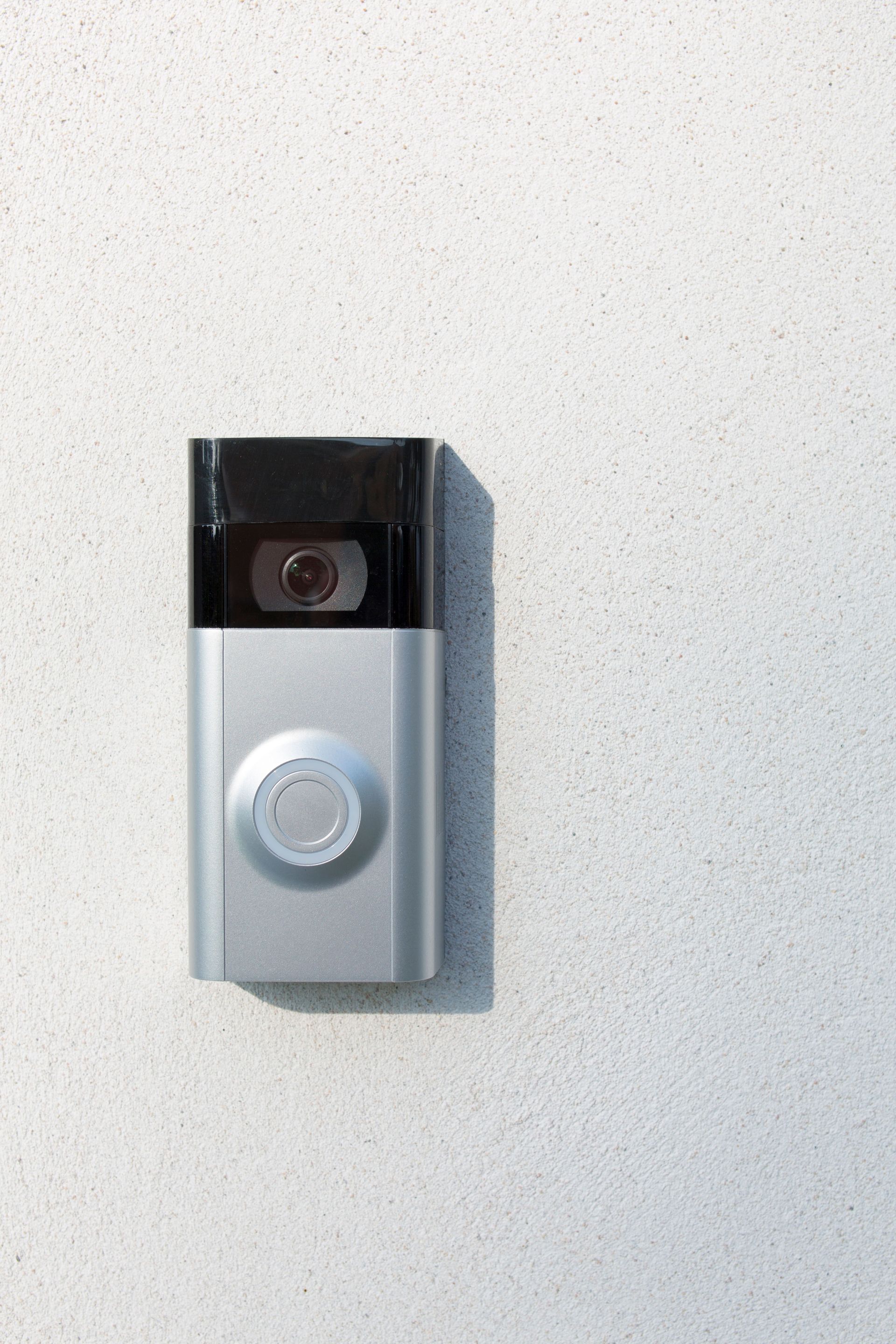
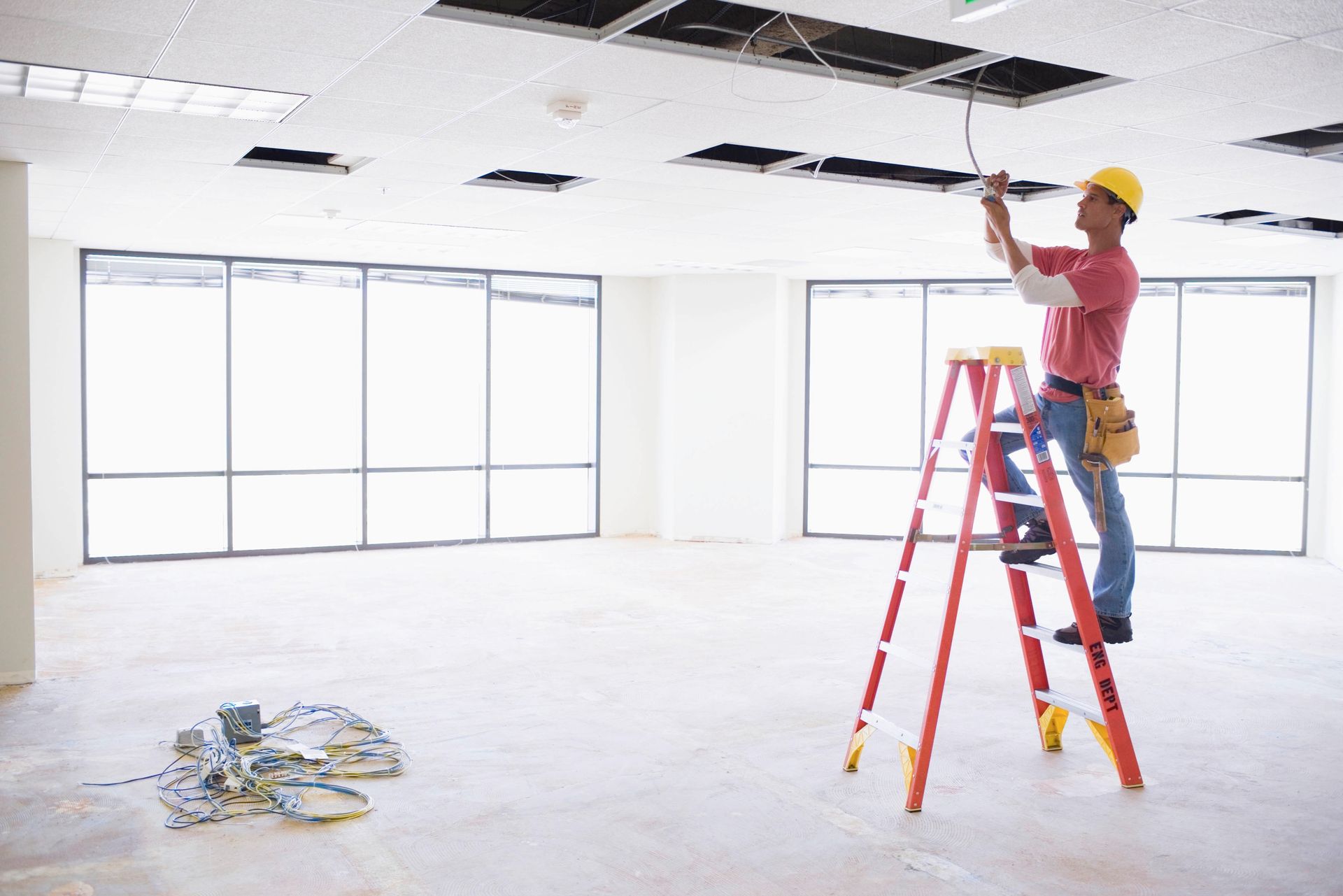
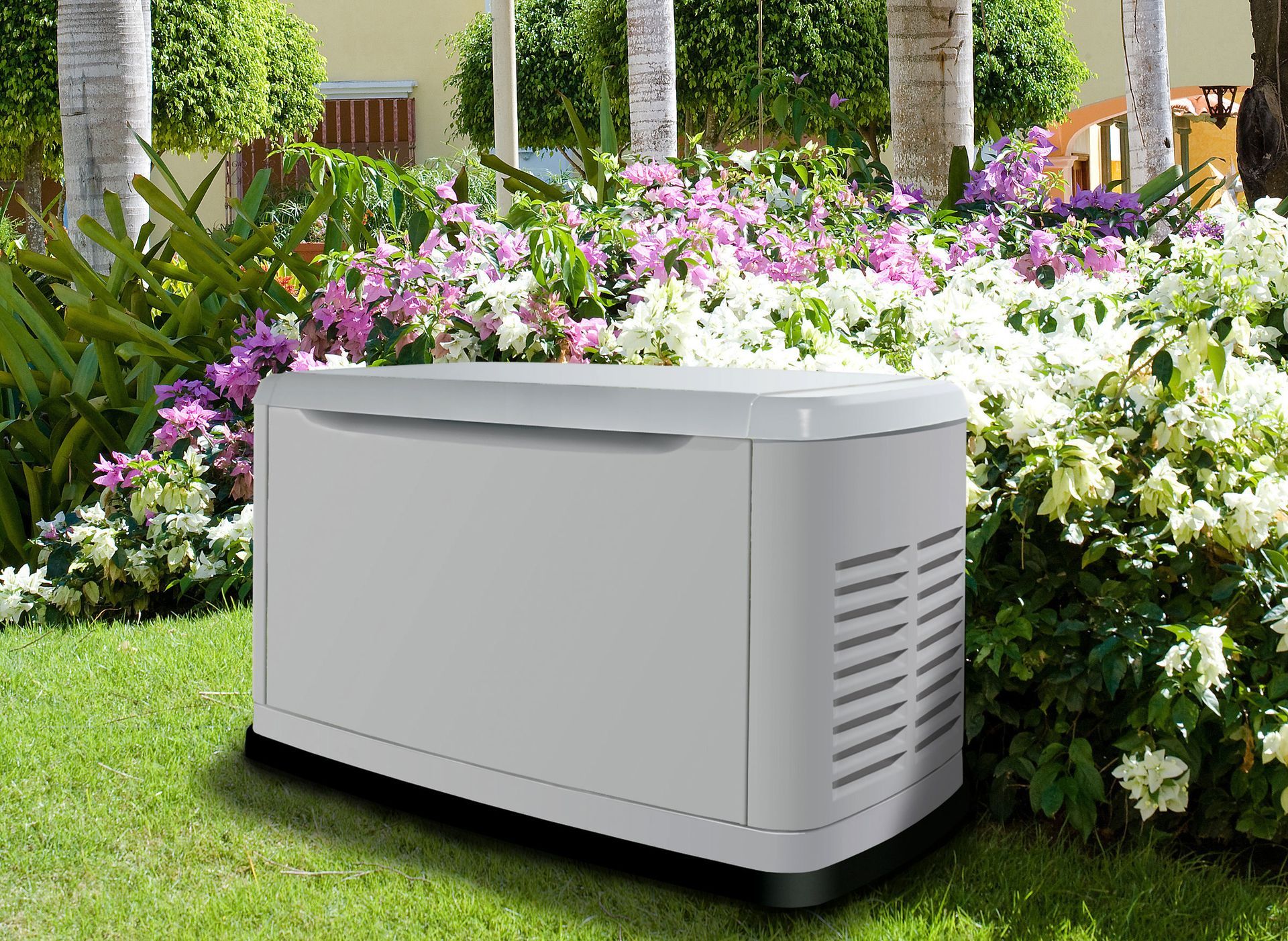
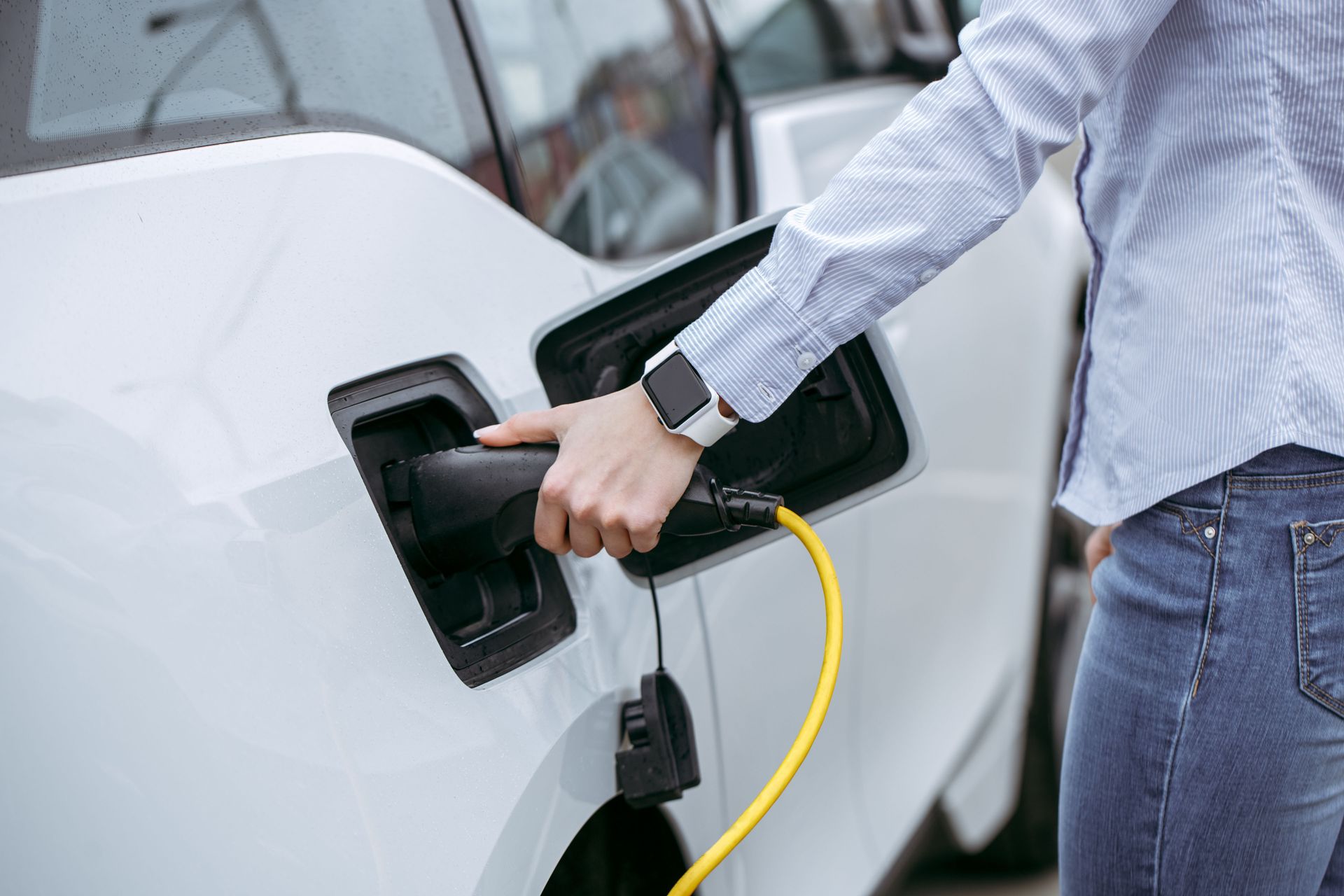
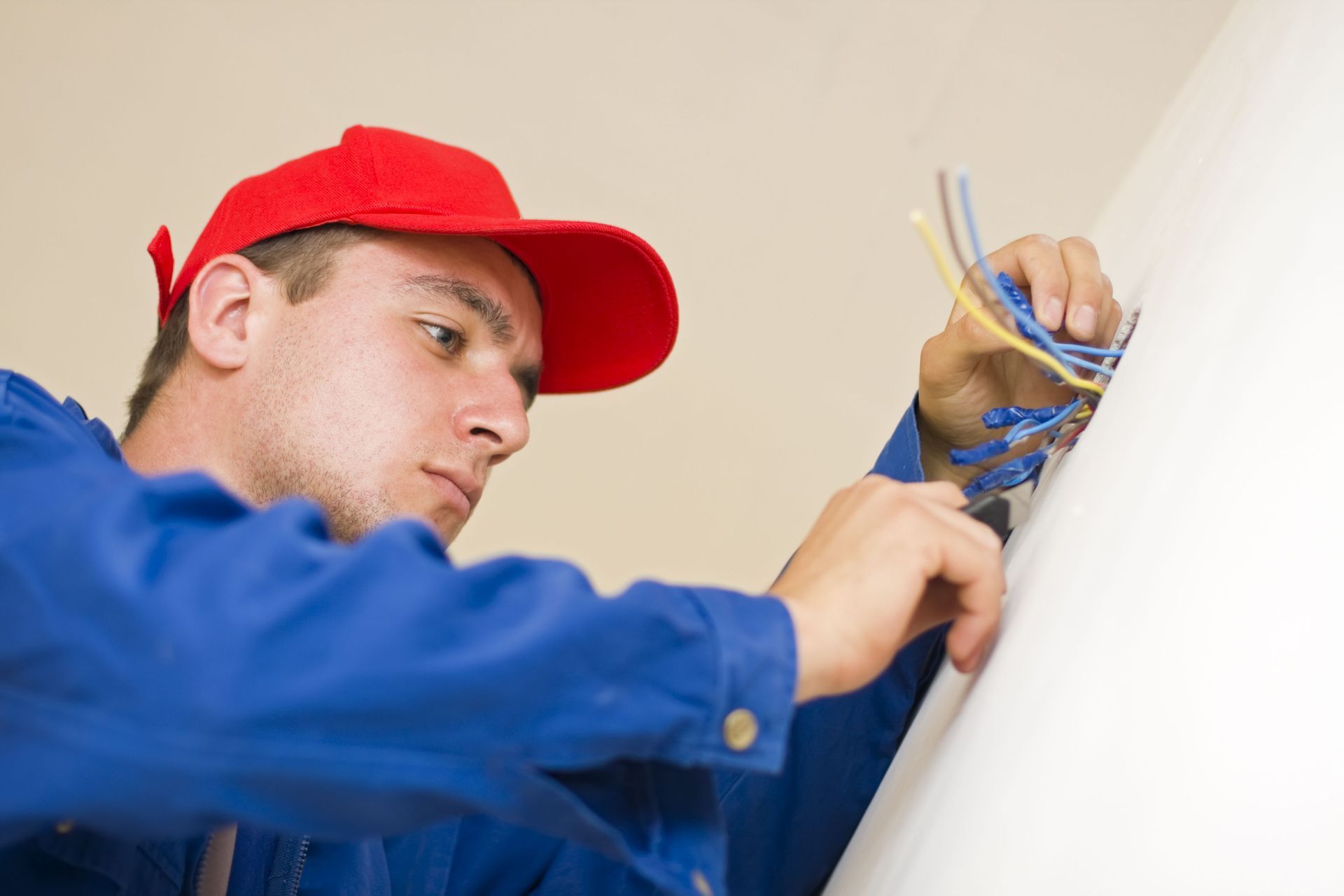
Share On: